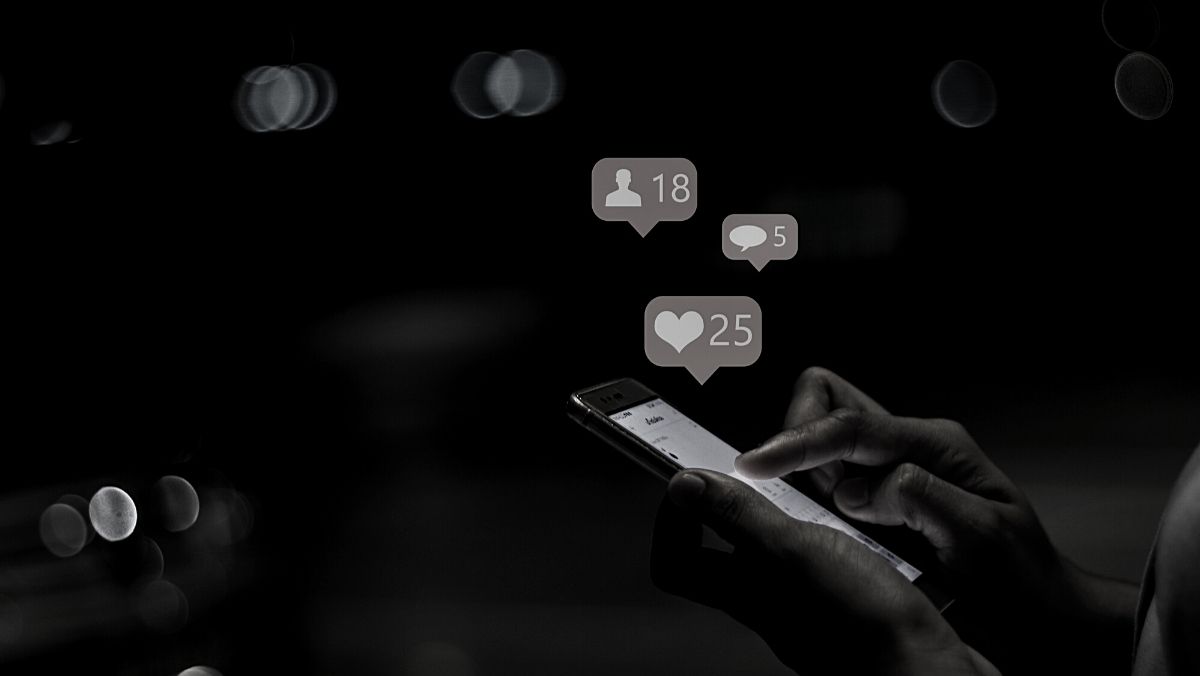
Event marketing can be a daunting task. It encompasses a wide variety of disciplines spanning pre-event communications to post-events follow-ups. In turn, event marketing will enhance comms, drive stand traffic, increase sales and aid post-event feedback.
No matter the industry, a creative marketing strategy and sharp content will ensure that you cut through the noise at your next event. Here’s how we do it.
Pre-event marketing
To get started, you need to make sure your communications are in check. The goal is to create a consistent look and feel throughout the whole customer journey and across multiple exhibitions. This is where your brand guidelines and tone of voice come into play.
We work with many clients in this way. See our Venator case study to see how we ensured brand continuity across global events with a comprehensive brand identity document.
Once you’ve established your brand’s personality, next outline your marketing objectives. Do you want to increase ticket sales, engagement, or both? Your defined objectives – coupled with channel and audience consideration – will help to drive your successful communications strategy.
A considerable amount of content can be scheduled pre-event. Depending on the event, this can include anything from the initial announcement to event programs and teaser content. Distributing this information across the right channels is paramount.
Your website is the foundation of your communications. You can load your event landing page with highlights, important information, event videos and clear call-to-actions. It’s a great way to monitor sign-ups, data and web traffic.
Social media is a great way to post regular updates, create excitement and answer questions. It is also a useful tool to update event attendees with COVID-19 information. Whether it’s Facebook, Instagram or LinkedIn, create channel specific content and engage with your audience. Make the most of hashtags. Create one specific to your event and encourage exhibitors, staff and sponsors to use it to ramp up social noise.
Use a content calendar to help keep you organised.
An email marketing campaign is crucial for providing personalised information such as check-in times and confirmation emails. Your campaign can also help to reinforce key messages from your website and social media.
Email content should mirror your brand’s look and feel and build anticipation ahead of your event.
During the event
During the event, your communications will be a mixture of planned content and ad hoc. Pre-planning content such as welcome messages, sponsorship messaging and breakout sessions will free up your time to engage with attendees and create a hive of activity.
Utilise live streams and Instagram stories to showcase your exhibition to a larger audience. Remember to use your hashtag – and encourage others to as well. This will create a welcoming social environment.
Post-event
While your event is still fresh in the attendees’ minds, send out follow-up with content that reinforces your messaging and products. Post images from the event and tag relevant people and hashtags. Stay in touch with people that you meet. Create meaningful connections through social engagements and avoid being too sales pushy. Your dedicated network will help to support future activations – especially on LinkedIn which is B2B focused.
Collect all the data and feedback to start planning for next year. Analyse what worked well and what didn’t and adapt your strategy accordingly.
Conclusion
Scheduling your event communications ahead of time is vital when promoting your event successfully.
With a stellar strategy in place, you’ll be able to concentrate on running the event with the peace of mind that important information is being distributed at critical times.
Looking to create a buzz around your event? We’d love to help. Our on-hand team of marketing experts know all the communication tools and tips to help your brand stand out before, during and after events. Get in touch to see how we can help you today.